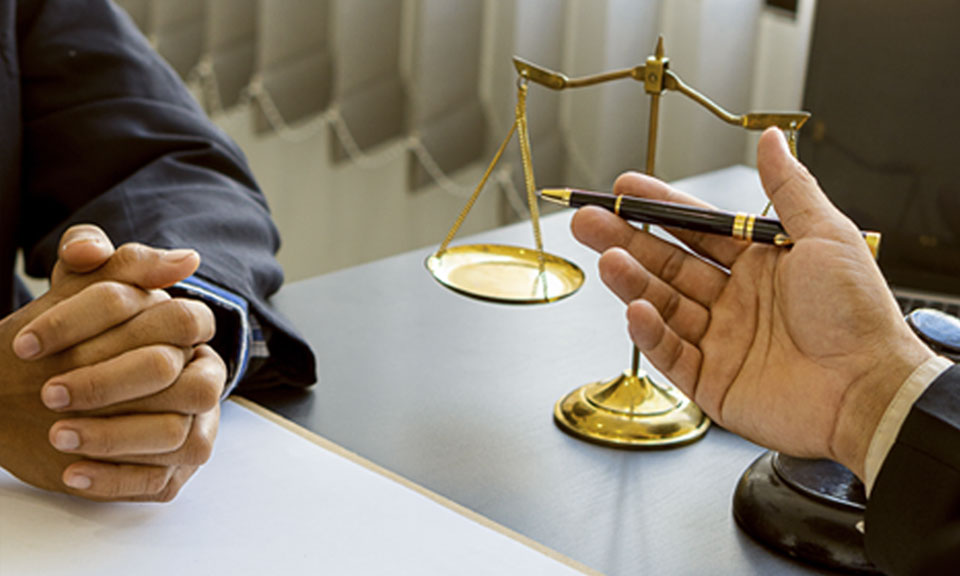Since last year, many establishments, businesses, and organizations are making various changes to how they operate. The globe-spanning COVID-19 pandemic has caused many of these drastic changes, especially when it comes to the way that we interact with others, how we conduct business and communicate.
Many types of gatherings have been regulated to the point that only a few people are allowed in certain premises to mitigate the chance of getting infected by these diseases. Many of these gatherings have been prohibited in certain situations, with meetings limited to video conferences and voice calls.
Court Hearings and the Pandemic
The legal system of the United States is known for being one of the industries that have been hit hard by the COVID-19 pandemic. Not only has this caused many changes to safety protocols, but this has also caused a delay for some hearings and even outright suspending trials and legal proceedings over looming fears of infection. This has resulted in many backlogs piling up for lawyers and other legal professionals in this industry.
Although it might seem like a mild annoyance at first for these legal experts, the fact that these trials are being postponed could lead to most individuals behind bars staying longer, which can significantly cost more resources. Although the pandemic has been an obstacle for many lawyers, operations should continue to ensure that the public is served in this situation.
Fortunately, the recent rollout of COVID-19 vaccines has helped vaccinate a good percentage of the American population in the past few months. Not only has this helped ease up healthcare services in the country, but this has also significantly increased the confidence of the public in resuming gatherings. However, most restrictions still apply until medical and health authorities say that it’s now deemed safe for individuals to converge in a single area without risk of infection.
However, many journalists will need to be present during court hearings to disseminate proper information to the public. But even though not many individuals are allowed into court hearings as safety precautions, there are still many ways of acquiring much-needed information from court hearings without journalists having to place their lives on the line from the fears of COVID-19. Here are some things that you’ll need to know about when it comes to court hearings

Migrating Towards a Digital Platform
First and foremost, one of the most crucial ways of covering court hearings is through online digital platforms. The internet is known for having a significant effect on the majority of our lives. Whether it’s entertainment, communication, and gaining information, we use digital platforms for many activities. The same can be said when it comes to covering court hearings.
Many businesses and companies are starting to migrate towards a digital platform since this is one of the best ways of maintaining continuity of operations without needlessly exposing individuals to COVID-19 and other types of hazards. This is especially true for the E-commerce industry, academic institutions, and other businesses that don’t necessarily need face-to-face interaction.
Court hearings and much of the legal system have also been migrating towards online platforms to communicate between different parties. However, many issues have also risen, including the quality of the video calls and a steady connection. Fortunately, most of the public won’t have to worry too much about this since professional court reporters use state-of-the-art video conferencing software to comprehensively report court hearings.
Jury Selection
Another crucial factor that has been affected by the pandemic is the presence of juries in legal proceedings. As most of us know, the jury is quite important in deciding the verdict of many court proceedings.
It’s important to note that many criminal courts have to postpone and even suspend hearings because they lack the necessary number of individuals on the jury. Some courts are finding it hard to find residents eligible to show up to courts, especially when the court will take time looking for a jury that reflects tenets of the community.
But the good news here is that many courts are already taking necessary steps in educating much of the jury on what they can and can’t do. Many of these courts have created comprehensive plans to reach out and communicate with jurors, which usually involves using video conferencing software.
As you can see, there are many ways of covering court hearings and gaining information on these legal proceedings. Still, it’s important to abide by rules and safety regulations set up by the court. Although most courts and organizations are now confident in having social gatherings, we will still need to exercise some level of safety. Zoom hearings, online proceedings, and video conferences are increasingly becoming more popular. But is it going to be the “norm” in the legal system even after the pandemic? Only time will tell.




